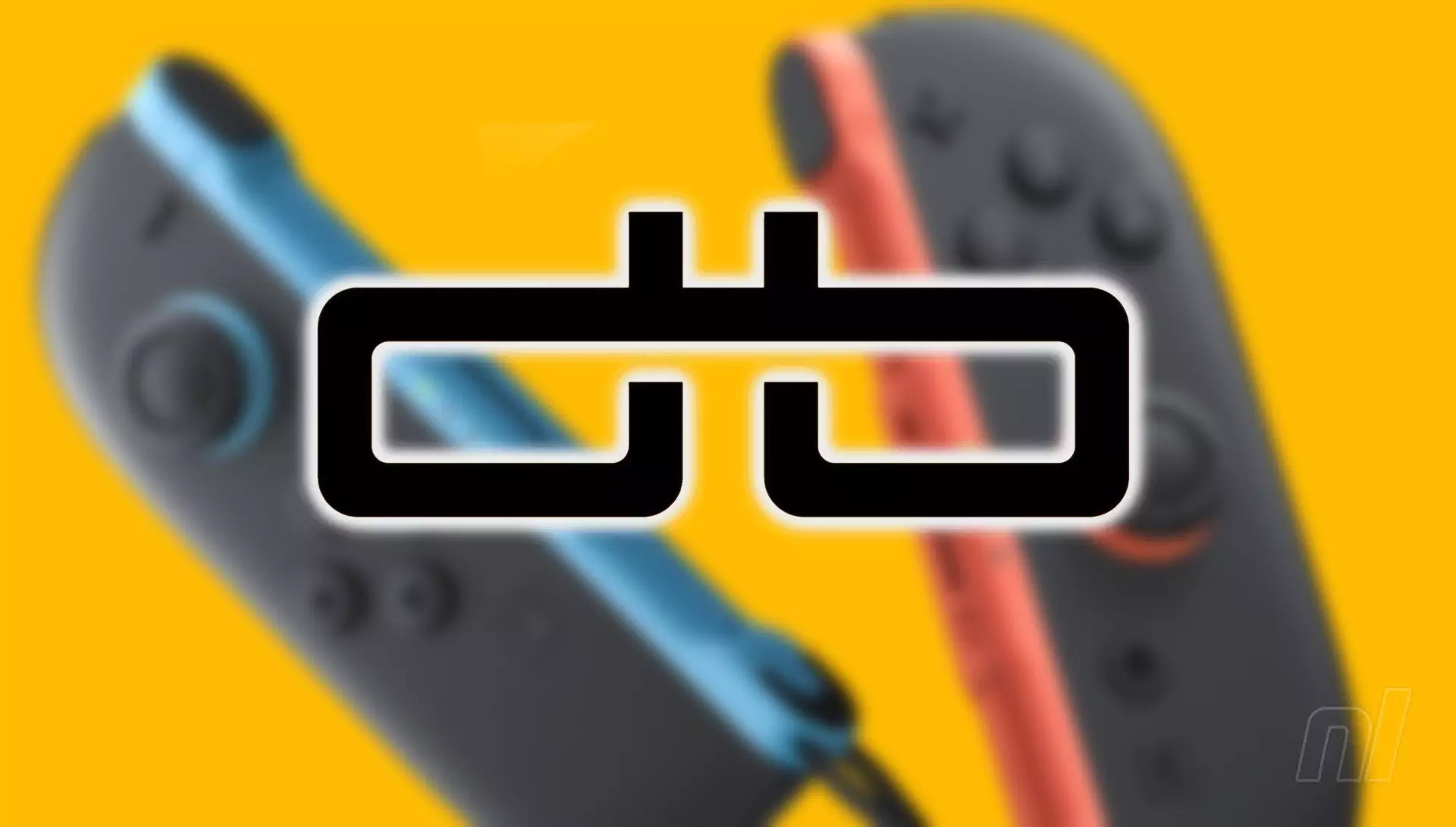Dbrand, a manufacturer renowned for its stylish accessories, found itself in hot water with the launch of its Killswitch product designed for the Nintendo Switch 2. The controversy ignited when users reported that the Killswitch seemed to cause Joy-Con controllers to detain from the console unexpectedly. Instead of promptly addressing the problem, Dbrand’s initial reaction was a deflection, suggesting that the detachment occurred only under rare circumstances. Such a response was not only embarrassingly dismissive but also fuelled a backlash that exposed the company’s glaring miscalculation in its communication strategy.
The company’s attempt to downplay user concerns backfired spectacularly. By implying users were at fault for holding the console incorrectly, Dbrand alienated its customer base, many of whom had come to depend on the brand for quality and reliability. Understanding the gaming community’s passionate nature, Dbrand’s poorly timed comments felt like jabs rather than clarifications, leading to widespread criticism and even vitriolic responses from disgruntled users.
A Realization of Responsibility
Realization dawned on Dbrand as they faced the consequences of their initial blunder. After wrestling with an inflow of a less-than-favorable reception, the company took the unprecedented step of issuing a new statement, taking full accountability for its mishap. In this newer response, Dbrand acknowledged the feedback from customers, noting that their earlier assurance regarding the Joy-Con detachment was misguided. The comment, “spectacularly terrible,” encapsulated not just the inadequacy of their former stance, but it also signaled a company shedding its pride to embrace accountability.
This moment represents a crucial turning point not just for Dbrand, but it also echoes a significant lesson in corporate communication. By coming clean, the company demonstrated that the majority of consumers out there appreciate honesty over arrogance. This step could encourage other brands in similar situations to reassess their approach, since a transparent and empathetic acknowledgment often fosters loyalty and goodwill among consumers.
Finding a Solution
In the wake of the firestorm, Dbrand hastily rolled out promises for replacements and sought ways to rectify the perceived shortcomings of the Killswitch. The company outlined two potential pathways for a solution: a complete redesign of the Killswitch accessory or an improved version of the existing product. The notion of reconstructing a popular accessory that had barely been introduced to the market highlights Dbrand’s commitment to quality. Such a redesign is a bold move, reminiscent of the trial-and-error nature of product development that many tech companies shy away from due to fear of reputational damage.
However, Dbrand seems undeterred, gaining invaluable insights through customer feedback that can inform their future products. It’s a refreshing take—where many companies might cower under scrutiny, Dbrand is proving that learning from failures can lead to significant improvements. Yet, the quest to balance innovation with reliability underscores a pivotal challenge that brands must navigate in today’s hyper-competitive marketplace.
A Community Candidacy
The company’s announcement showcased how important community engagement is. The willingness to offer replacements irrespective of customers’ experiences indicates a deep-rooted commitment to customer satisfaction that transcends mere profitability. Dbrand is effectively claiming their stake as a community-oriented brand, a move likely to resonate with consumers.
The call for feedback will also keep communication channels open, allowing users to have a say in the development of the forthcoming iterations. This participatory approach could cultivate a sense of belonging among consumers, transforming mere customers into brand advocates. As other manufacturers often resist peer input, Dbrand’s strategy—if executed effectively—could establish a new industry standard of interaction.
The Future of Brand Responsibility
Dbrand’s response, coupled with its acknowledgment of failure, sends a powerful message in the tech and accessory space: accountability is no longer optional. While the company’s journey through the Killswitch controversy highlights critical missteps, it also offers an insightful roadmap for other brands on how to handle crises. The overarching lesson is simple yet profound: maintaining an open line of communication with consumers builds trust.
In a world increasingly driven by consumer opinions and social media narratives, transparency and willingness to learn from mistakes foster not only loyalty but also resilience in brand reputation. Dbrand’s ability to weather this storm may well serve as a foundation for future growth, turning a tumultuous moment into an opportunity for reinvention and re-engagement with the gaming community.

